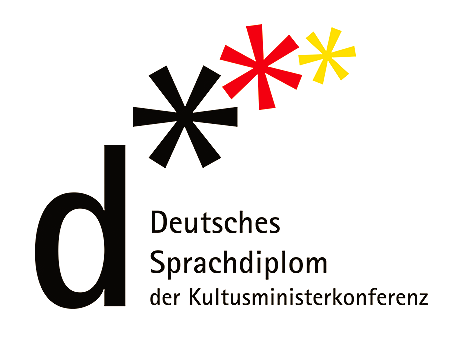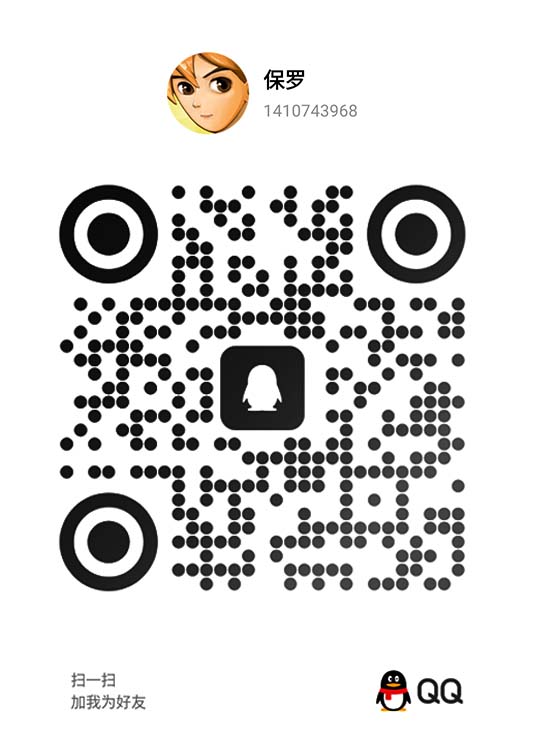DSD - Deutsches Sprachdiplom

Deutsches Sprachdiplom (DSD) der Kultusministerkonferenz – <engl.'German Language Certificate of the Education Ministers Conference' is an official German language certificate serving as a proof of command of German language for pupils/students of schools worldwide where German is used as a means of education and communication alongside national languages (in schools outside of Germany, e.g. in China, Peru or Chile, Russia, France, Japan etc. accredited by the steering committee of the DSD – 'Zentraler Ausschuss für das Deutsche Sprachdiplom' which also accounts for the quality of the language certificate). Such schools are normally supported by the German education authorities and the Foreign Office (Germany) which allows to spread and popularize German language across the globe, and motovate to use it for educational purposes etc.
The DSD certificate together with national school leaving examinations makes it possible for foreign students to apply for university entry in German-speaking countries. DSD matches CEFR (Common European Framework of Reference for Languages) requirements in learning/teaching modern foreign languages (A2-C1 levels) and German national school standards.

'Language Corner' offers you intensive and focused training for your ongoing Goethe-Institute exam session. Keep in mind that Goethe-Institute exams are complex and versatile targeting all your language competences: reading, writing, listening and speaking. It means you have to show your best using German language while completing various sets of tasks.
Our school has being offering Goethe-Institute Exams training since 2013, employing only highly qualified teachers, implementing the latest language teaching methods, proposing intensive mentoring and advice which could be shared with you in form of practical tips, extra exercises, example tests and texts.
DSD levels - DSD Stufen:
There are 3 types of DSD exams at the moment: (see the picture above ↑)
- DSD I – Level 1
Deutsches Sprachdiplom der Kultusministerkonferenz – Erste Stufe, DSD I; - DSD I Pro – Level 1 for vocational schools
Deutsches Sprachdiplom der Kultusministerkonferenz – Erste Stufe für berufliche Schulen, DSD I PRO; - DSD II – Level 2
Deutsches Sprachdiplom der Kultusministerkonferenz – Zweite Stufe, DSD II.
DSD I
The target group for DSD I is pupils/students aged 14-16 who are ready to prove their language command as elementary or partially independent speakers/language users. DSD I is equivalent to A2/B1 CEFR levels ↑ and getting it would be enough for entry to a 'Studienkolleg' - a school that helps in preparation for attending a university in Germany.
DSD I PRO
The target group for DSD I PRO is pupils/students aged 16 who attend a vocational school in their country, and might need German in their future jobs or further education. DSD I PRO is equivalent to B1 CEFR level ↑ but the main accent focuses upon professional topics and qualifications. Reaching DSD I PRO level would be enough for enrolling into a 'Studienkolleg' - a school that helps in preparation for further studies at a German institution of higher education (a university - 'Universität' or a technical college - 'Fachhochschule').
DSD II
The target group for DSD II is pupils/students aged 16-18 who want to show and prove their command of German language in everyday situations. The target levels for DSD II are B2 and C1 ↑ according to CEFR (Common European Framework of Reference for Languages) which means that pupils/students are able to use German on 'independent' (B2) or partially 'proficient' (C1) level. Reaching DSD II level is considered as a valid proof that a graduate has reached a language level in German required for enrollment and further studies at a German institution of higher education.
DSD exam structure:
The DSD exam comprises tasks testing listening and reading comprehension, writing skills and oral communication of candidates. Each of competence section accounts for 25%, and a maximum of 24 points in each section.
More details on the exam procedure and the assessment guidelines could be found on the website of the German Central Agency for Schools Abroad (in German language).
Each school offering DSD exams must be registered and accredited by the German authorities. The German institutions offer support for each participating school consisting of inter alia personal support, training and taking over the chair of the examination committee by personnel from Germany. Candidates must be registered by the school and need an approval for exam sessions. It is allowed to take part only twice on each level.



